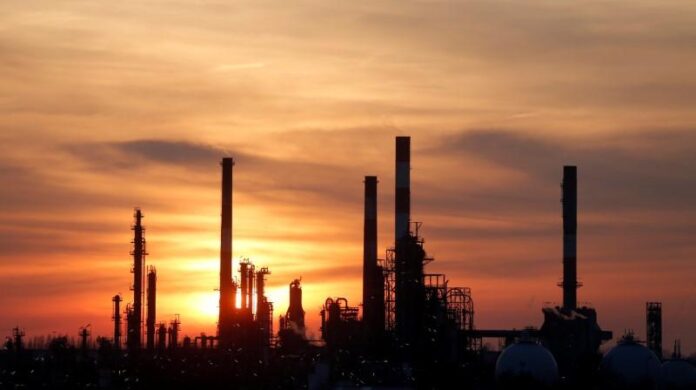ISLAMABAD: The Engineering Development Board (EDB) of the Ministry of Industries & Production (MoI&P) has expressed disagreement over a proposal of the Petroleum Division to grant exemption from taxes on import of equipment or material without any precondition for new and existing refineries.
Expressing differences over a proposal of the proposed refining policy 2021, EDB asked the ministry to delete or substitute the clause which asked for an exemption from taxes on imports of any equipment or material without any precondition certification from the EDB, for both new and existing refineries.
The EDB said this clause places the local industry at disadvantage. It suggested that instead, refineries should actively engage local manufacturers for the supply of equipment.
According to EDB, the setting up or upgradation of refineries provides an opportunity for the local equipment manufacturers to participate in the process and generating local employment opportunities while saving valuable foreign exchange as well. Local manufacturers are already deprived of participation in EPC contracts, mega projects and those set up in SEZs being unable to compete against concessionary imports allowed to such projects.
Earlier, the Petroleum Division had asked Oil and Gas Regulatory Authority (OGRA), Federal Board of Revenue (FBR), Board of Investment (BoI) and secretaries of concerned departments to furnish comments on the proposed new oil refining policy within 15 days for onward submission to the Cabinet Division.
It is pertinent to mention here that the new policy aims to provide the enabling framework that will lead to complete deregulation of the sector in due course.
Currently, Pakistan’s oil refining capacity is about 20 million tonnes per annum. About 60pc of the country’s requirements of diesel and 30 per cent of petrol are met by local refineries. The rest is imported as refined products.
Four out of five refineries operating in Pakistan are using mostly old technology, while the fifth, PARCO, is now more than two decades old.




